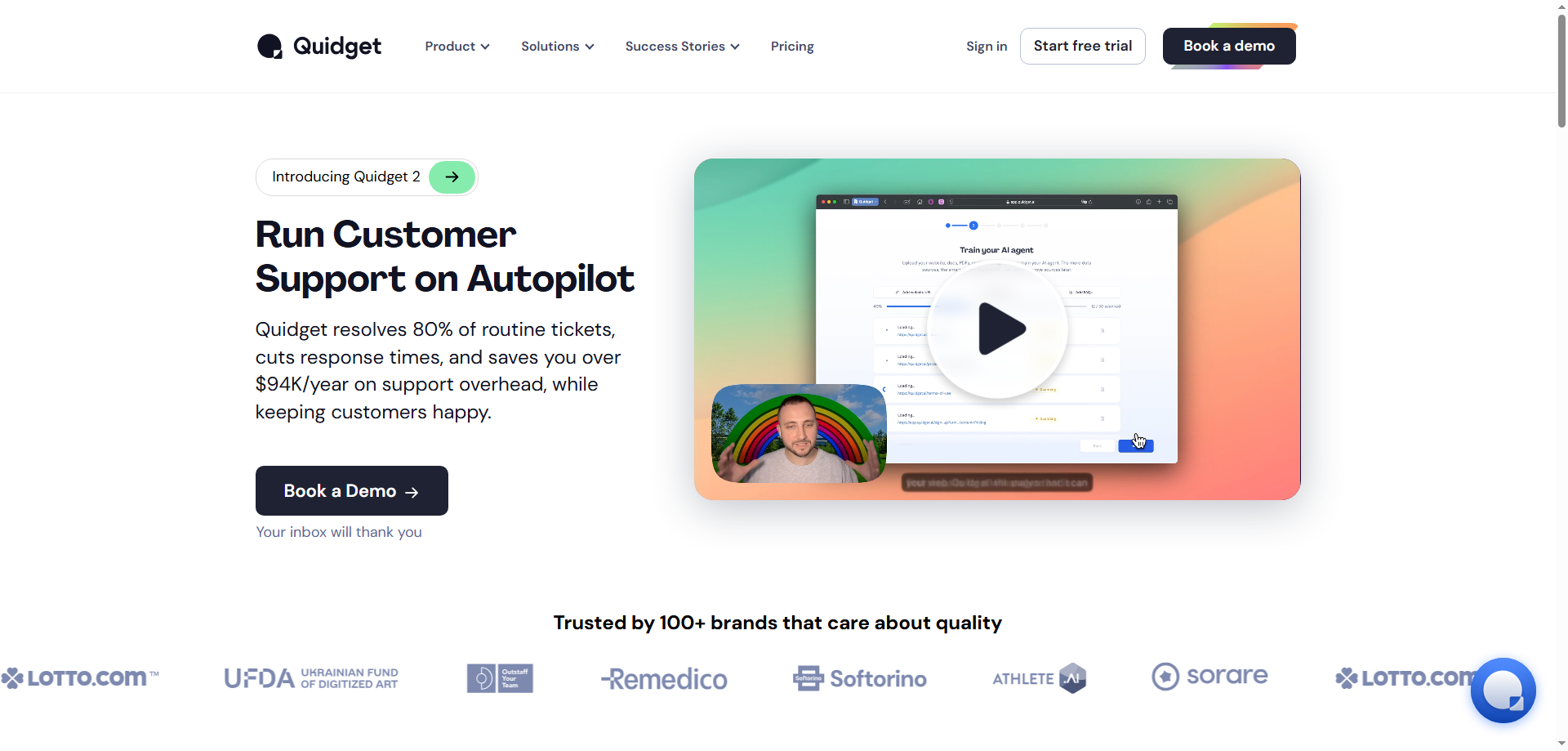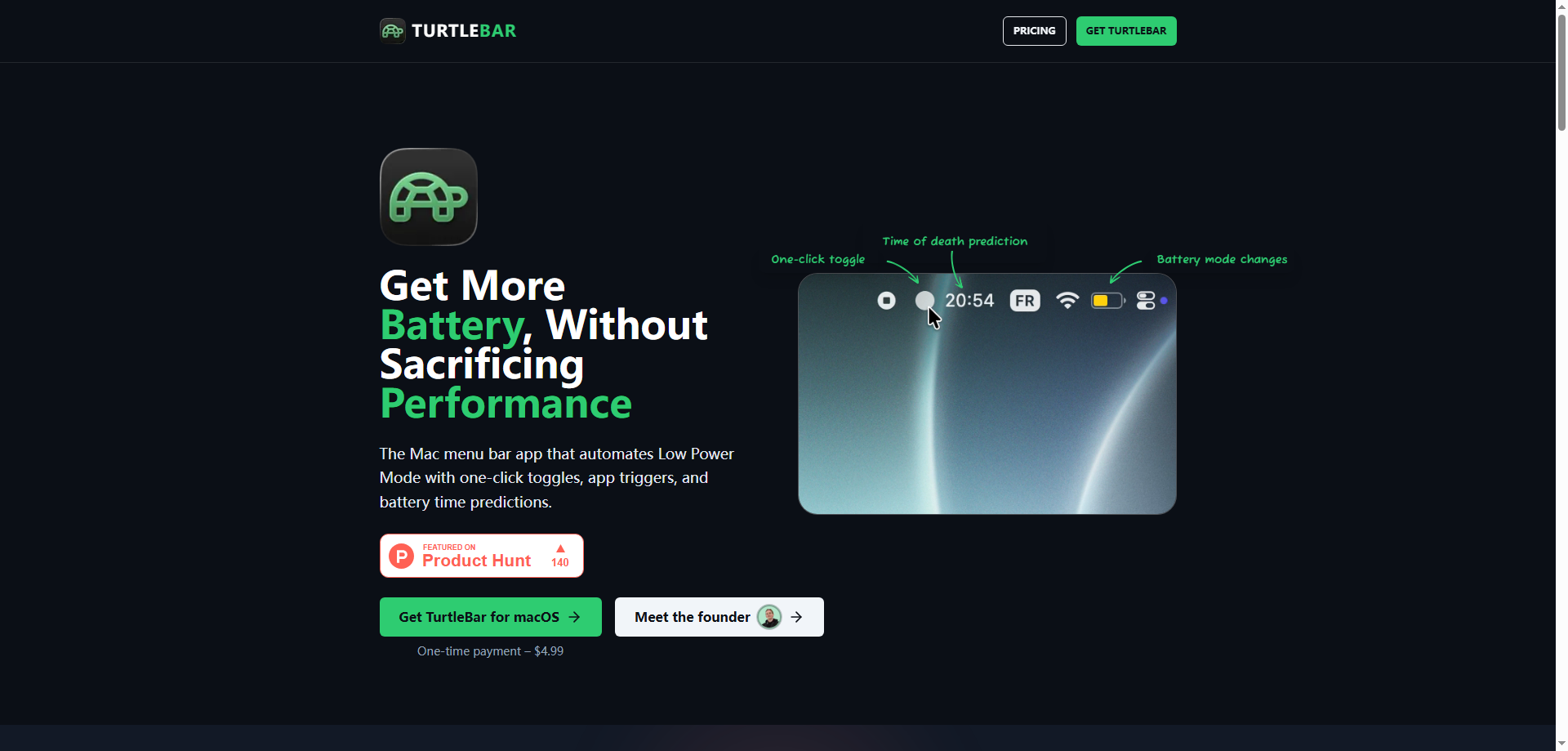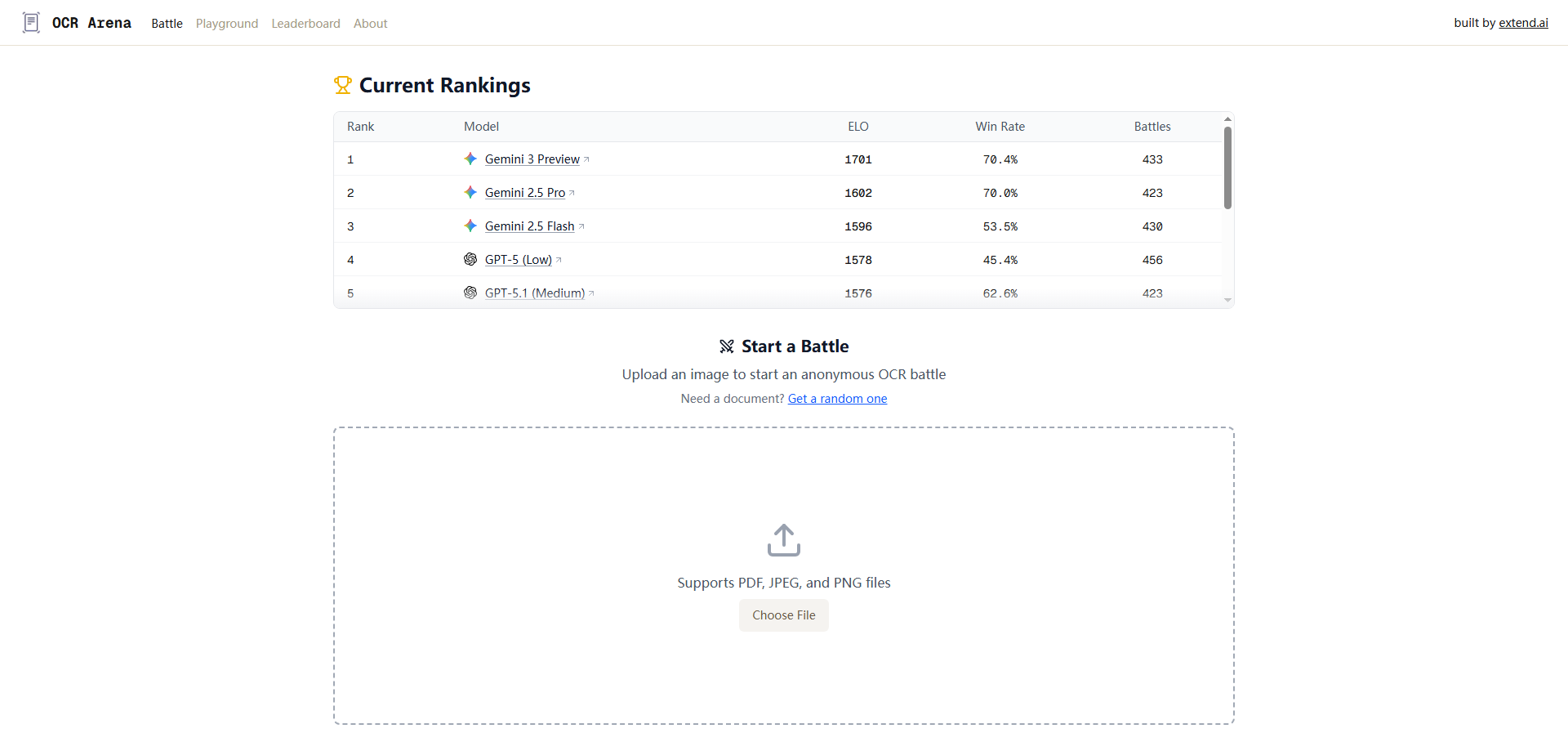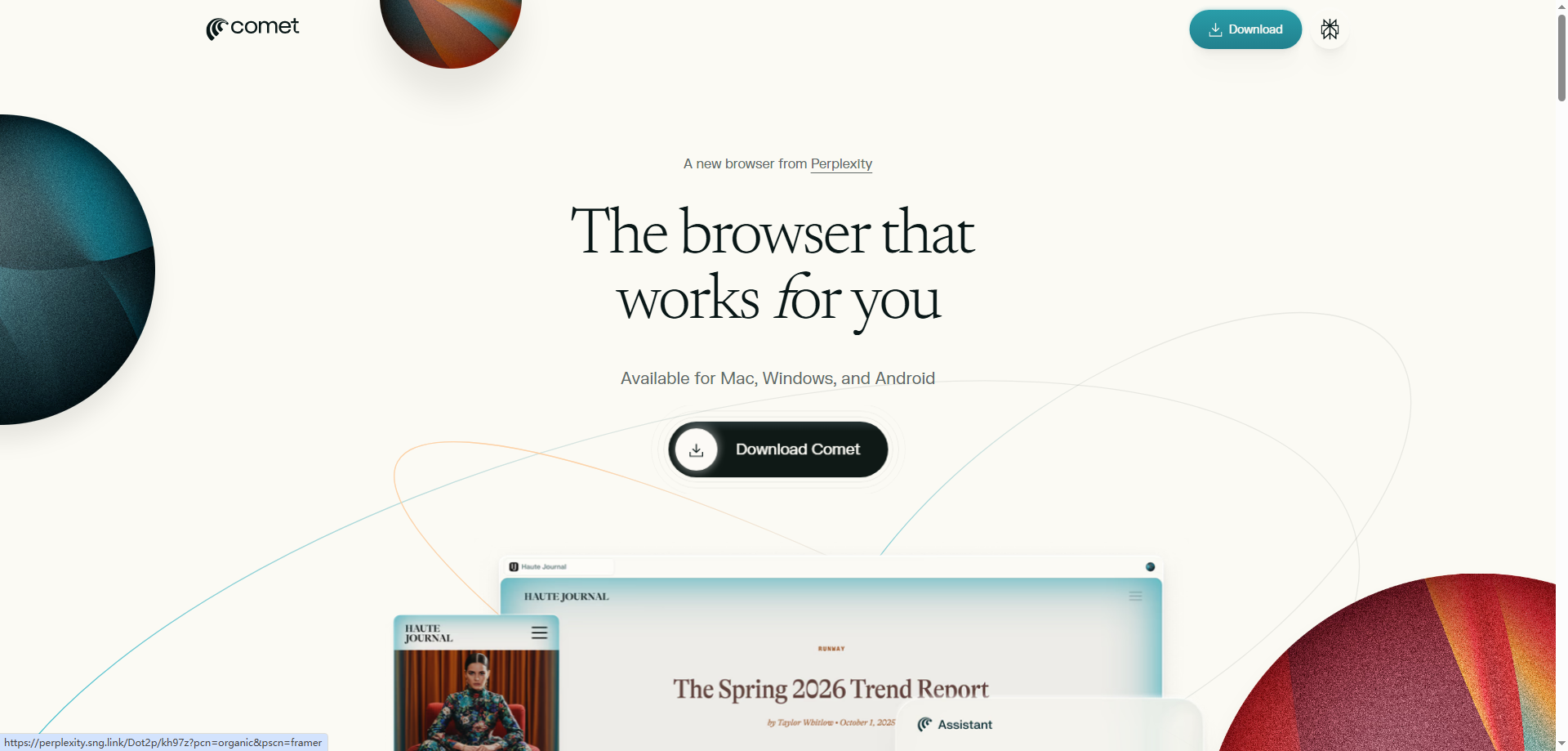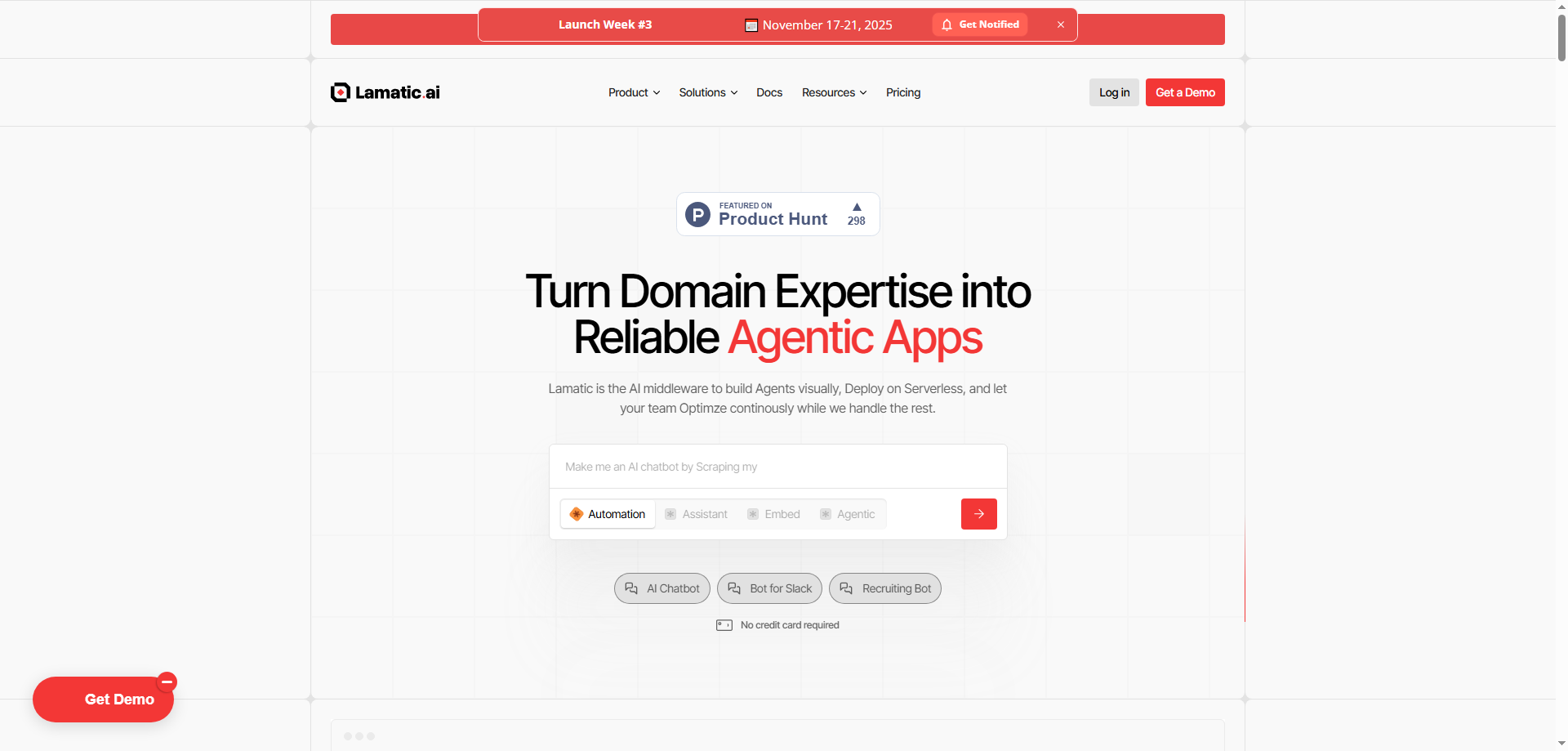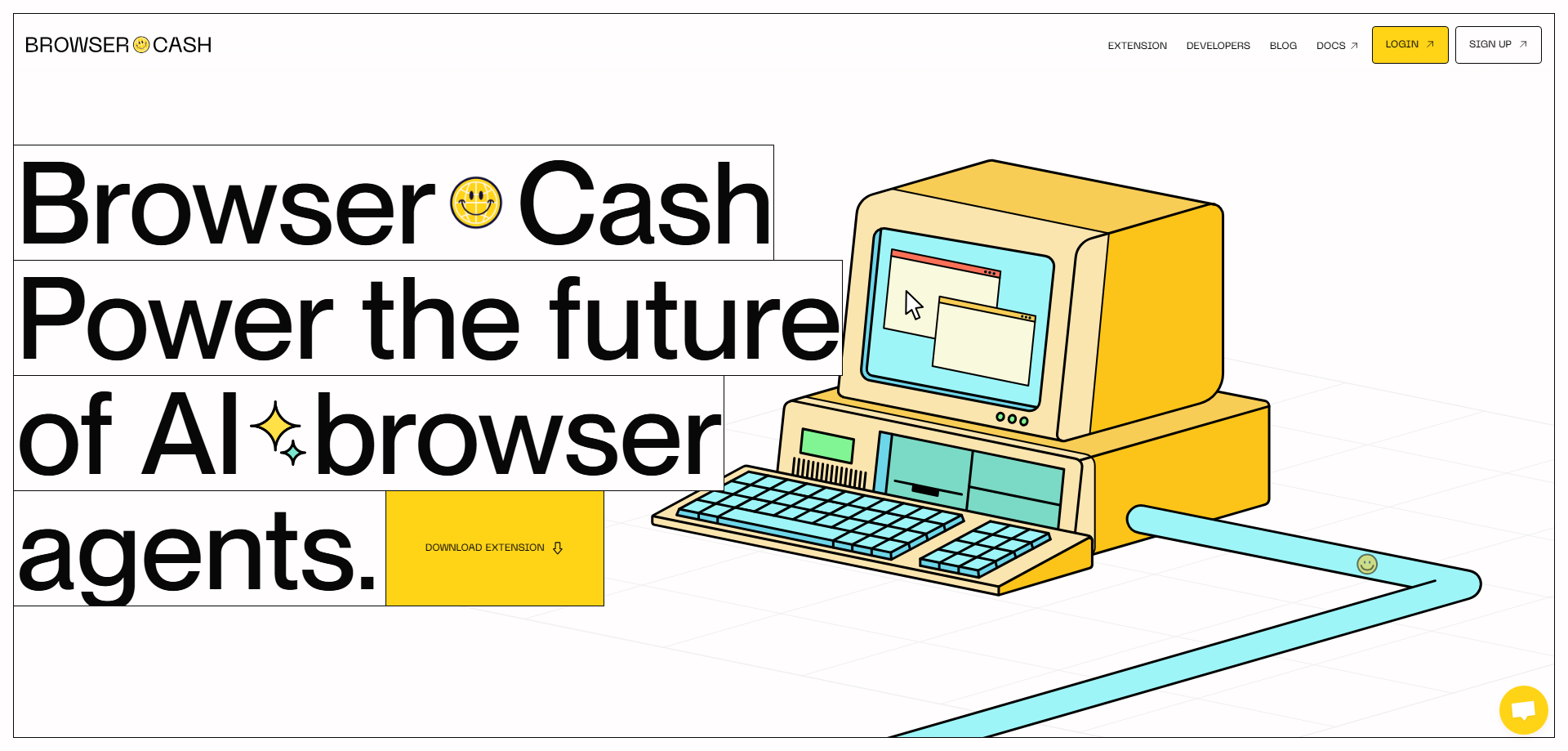The Creative Intelligence Behind Quidget 2
Let me tell you something that keeps me up at night when I think about customer support: repetition. I've watched support teams answer the same questions hundreds of times. "What's your return policy?" "Where's my order?" "How do I reset my password?" It's soul-crushing work, honestly.
What makes Quidget 2 creatively brilliant is how it treats this problem. Instead of just being another chatbot or canned response system, it's built around a genuinely smart insight: most customer support emails don't need human judgment—they need accuracy, consistency, and speed.
Here's what I find creative about the AI agent approach: Quidget 2 learns your company's voice. You feed it your documentation, your macros, your brand tone, and it absorbs everything. Then it doesn't just spit out generic responses—it writes replies that sound like your team actually wrote them. That's the creative leap. The AI customer support tool maintains your brand personality while automating the grunt work.
The 80% automation claim caught my attention. Most AI customer service tools promise vague "efficiency gains." Quidget 2 says, "Look, we'll handle 8 out of 10 emails automatically." That specificity shows confidence. And honestly? For repetitive support inquiries, 80% feels realistic to me.
What I really appreciate is the handoff mechanism. Quidget 2 doesn't pretend it can solve everything. When it encounters a complex issue requiring human judgment or empathy, it automatically escalates—but here's the creative part—it includes full context and conversation history. Your support agent doesn't start from zero. They inherit all the information they need to solve the problem immediately.
This is intelligent automation, not blind automation. The AI agent knows its limits. That self-awareness is what separates good AI customer support from the frustrating experiences we've all had screaming at unhelpful chatbots.
The creative genius is in the positioning: Quidget 2 isn't replacing your support team. It's liberating them from repetitive work so they can focus on the challenging, human-connection-requiring problems that actually need their skills. That's a fundamentally smarter way to think about customer support automation.
Can Quidget 2 Disrupt Traditional Customer Support?
Alright, disruption time. Can this AI customer service tool actually replace how companies currently handle email support? I think the answer is more nuanced than just "yes" or "no."
Traditional email support looks like this: Every message hits a shared inbox. A human reads it, figures out what the customer needs, searches through documentation or templates, writes a response, and hits send. For simple questions—and let's be honest, most are simple—this process wastes incredible amounts of human time and energy.
Quidget 2 disrupts this workflow by collapsing the entire process for routine inquiries. The AI agent reads, categorizes, retrieves the right information, composes a branded response, and sends it—in seconds. No human required for the 80% of emails that are straightforward.
For companies drowning in support tickets, this is genuinely disruptive. I'm thinking about e-commerce businesses during holiday season, SaaS companies onboarding new users, or any business scaling rapidly. Their support teams get crushed by volume. Quidget 2 doesn't just make them faster—it fundamentally changes the economics of customer support.
Here's what gets disrupted: the assumption that every customer email needs a human to read and respond. That assumption is outdated. Most emails follow patterns. The AI customer support automation handles patterns brilliantly, freeing humans for exceptions.
But—and this is critical—Quidget 2 won't disrupt complex support scenarios. If your support involves troubleshooting unique technical issues, navigating emotional customer situations, or making judgment calls on refunds and exceptions, you still need skilled humans. Quidget 2 knows this. That's why the handoff feature exists.
So can it replace existing solutions? For tier-one email automation, absolutely. Traditional helpdesks that rely on canned responses and macros feel primitive compared to Quidget 2's intelligent automation. The AI agent does what those tools do, but smarter and with less setup friction.
For enterprise customer service platforms like Zendesk or Intercom? Quidget 2 is complementary, not competitive. It plugs into existing workflows. The disruption isn't replacement—it's augmentation.
My take: Quidget 2 disrupts the human labor model of email support. Instead of hiring more agents to handle volume, you deploy the AI customer service tool. That's a fundamental shift. Companies will absolutely adopt this approach, especially SMBs and scaling startups where support costs matter.
Will Support Teams Actually Embrace Quidget 2?
Now for the user acceptance question. Will customer support teams actually want to use this AI agent? I have strong opinions here based on real-world dynamics.
The demand is absolutely there—from leadership. Every VP of Customer Success I know is desperate to control support costs while maintaining quality. Quidget 2's promise—automate 80% of emails in 2 minutes—is music to their ears. The business case writes itself: reduce response times, handle more volume, lower per-ticket costs. Leadership will love this.
But what about the actual support agents? This is where I get concerned about acceptance, honestly.
Support teams have seen AI customer support tools before. Most were disasters. Chatbots that gave wrong answers. Automation that frustrated customers. Systems that created more work than they saved. There's justifiable skepticism about "AI will fix everything" promises.
Here's what will drive acceptance from support agents:
-
Accuracy: If Quidget 2's responses are genuinely accurate—trained on actual company docs and brand voice—agents will trust it. If it starts hallucinating wrong information or sounding robotic, trust evaporates instantly.
-
Time Savings: If agents genuinely spend less time on repetitive emails and more time solving interesting problems, they'll embrace it. Nobody likes answering "What's your return policy?" for the hundredth time.
-
Easy Handoffs: The make-or-break feature is that context-rich escalation. If complex issues arrive with full conversation history and the agent can solve them immediately, Quidget 2 becomes their favorite tool. If handoffs are messy or lose context, frustration builds.
-
Job Security Concerns: Let's not dance around this. "Automate 80% of support emails" sounds like "we need 80% fewer support agents" to nervous employees. Companies deploying Quidget 2 need to communicate clearly: this is about handling growth and improving jobs, not eliminating them.
From a customer perspective, acceptance depends on one thing: Does it work? If Quidget 2's AI customer service provides accurate, helpful responses quickly, customers won't care if it's AI or human. They just want their problem solved. If responses feel generic or miss the point, customer satisfaction tanks.
My realistic assessment: Early adopters—tech-forward companies with high email volume—will embrace Quidget 2 quickly. The email automation delivers immediate ROI. With 44 upvotes and 39 discussions on Product Hunt, there's genuine interest.
But crossing into mainstream adoption requires proving reliability over time. One viral story about Quidget 2 giving terrible advice could damage trust across the industry. The AI agent needs to be nearly perfect to overcome skepticism about customer support automation.
I'd use it for my own business tomorrow if I had high-volume email support. The value proposition is clear. But I'd monitor every response closely at first, gradually trusting the AI customer support tool as it proves itself. That's probably the adoption curve: cautious trial, monitored deployment, then full trust.
Survival Rating: 3.5/5 Stars ⭐⭐⭐½
Can Quidget 2 survive and thrive over the next 12 months? I'm giving it 3.5 out of 5 stars. Promising, but not guaranteed. Here's my reasoning:
Opportunities:
-
Massive Addressable Market: Every company with email support is a potential customer. The total addressable market for customer support automation is enormous and growing.
-
Clear ROI: The value proposition is immediate and quantifiable. Automate 80% of emails = save 80% of support labor on those emails. CFOs love math that simple.
-
Perfect Timing: AI customer service is having its moment. Companies are actively looking for AI agents to reduce costs and improve efficiency. Quidget 2 rides this wave.
-
Low Switching Costs: The "2 minutes to set up" promise means trying Quidget 2 is low-risk. Easy trials drive adoption.
-
Expansion Potential: Start with email automation, expand to chat, SMS, social media support. The AI agent could become a unified customer support platform.
-
Partnership Opportunities: Integrating with existing helpdesks like Zendesk, Freshdesk, Intercom positions Quidget 2 as complementary, not competitive. That opens enterprise sales channels.
Risks:
-
Accuracy Concerns: One major incident where Quidget 2 gives wrong information that harms a customer could be catastrophic. Customer support automation has zero tolerance for errors.
-
Big Tech Competition: Google, Microsoft, Salesforce, and Zendesk all have resources to build similar AI customer service features natively. If they do, Quidget 2's moat disappears.
-
Brand Risk for Customers: Companies are cautious about letting AI represent their brand. One poorly worded automated response could damage their customer relationships. This makes sales cycles longer and adoption slower.
-
Commoditization Threat: Email automation is becoming table-stakes. OpenAI's GPT-4 plus basic integration code could replicate much of Quidget 2's functionality. What's the defensible differentiation long-term?
-
Customer Support Complexity: The 80% automation works for simple queries. But support needs vary wildly by industry. If Quidget 2 can't handle edge cases well, customers churn.
-
Pricing Pressure: There's intense competition in the AI customer support space. Race-to-the-bottom pricing could compress margins and make the business unsustainable.
What Quidget 2 Needs to Survive:
-
Obsessive Accuracy: The AI agent must be nearly flawless. Build strong quality controls, human review loops, and confidence scoring to prevent bad responses.
-
Deep Integrations: Connect seamlessly with every major helpdesk, CRM, and business tool. Make Quidget 2 feel native everywhere.
-
Vertical Specialization: Develop industry-specific versions—e-commerce customer support, SaaS onboarding, healthcare patient communication. Generic solutions get commoditized; specialized ones command premium pricing.
-
Case Studies: Publish compelling success stories with hard metrics. "Company X reduced response time by 70% and saved $50K annually with Quidget 2." Proof builds trust.
-
White-Glove Onboarding: The "2 minutes" promise is great for trials, but enterprise customers need dedicated implementation support. Invest in customer success to drive retention.
My Honest Verdict:
Quidget 2 addresses a genuine pain point with a smart solution. The AI customer support automation market is exploding. The product seems well-designed with the critical handoff feature showing thoughtful product thinking.
But survival isn't guaranteed. Competition is fierce. Big players have more resources and existing customer bases. Quidget 2 needs to execute flawlessly and build defensible advantages—maybe through superior accuracy, better integrations, or vertical expertise.
The next 12 months will test whether Quidget 2 can convert trial users into paying customers, achieve strong retention, and demonstrate clear ROI. If they nail accuracy and customer experience, they'll thrive. If early adopters hit problems or competitors catch up, it gets tough fast.
I'm cautiously optimistic. The product is smart, the market is ready, and the team seems to understand the problem deeply. But this is a competitive, high-stakes space where execution excellence is mandatory.
Bottom line: Promising AI customer service tool with real potential, but facing significant competitive and execution risks. Success depends on maintaining accuracy, building trust, and moving faster than well-funded competitors.
I'll be watching Quidget 2 closely. If they're still growing with happy customers in a year, I'll gladly bump that rating to 4.5 stars. But right now? It's a well-designed product entering a brutal market. The odds are decent, but not overwhelming.
What's your experience with AI customer support? Would you trust an AI agent to handle 80% of your customer emails? Let me know your thoughts on Quidget 2.
